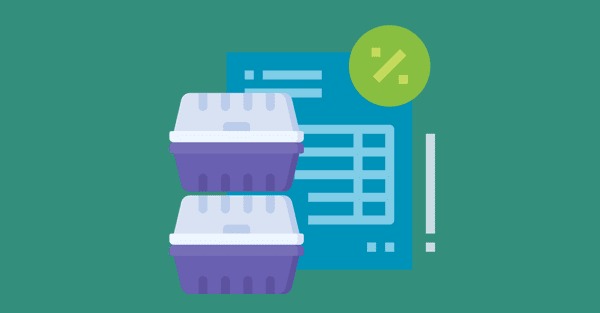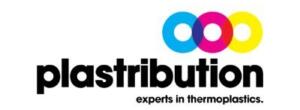
Navigate the Plastic Packaging Tax With New Plastribution Resource
UK polymer distributor Plastribution has created a handy new resource to help manufacturers make sense of the Plastic Packaging Tax, which will come into force in spring 2022.
Summary
The Plastic Packaging Tax will come into action in April 2022. It will be a tax of £200 per tonne on all plastic packaging that does not contain at least 30% recycled content.
The government has released some guidance documents on the packaging tax:
This is a general overview of the packaging tax and the likely changes companies will have to make.
A more detailed look that covers a lot of the definitions within the tax and specific information on things like required documentation.
The information below is Plastribution’s interpretation of this guidance and reading sections of the Finance Bill 2021. Below is a summary from Plastribution on some of the more commonly asked questions around the tax, but it’s recommended that you use the government website as your primary source of information.






